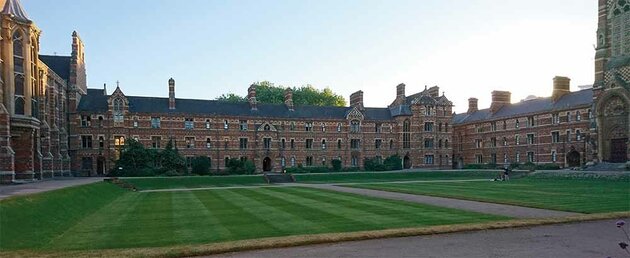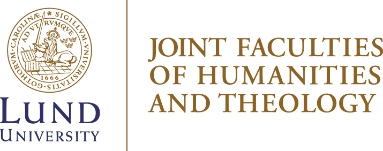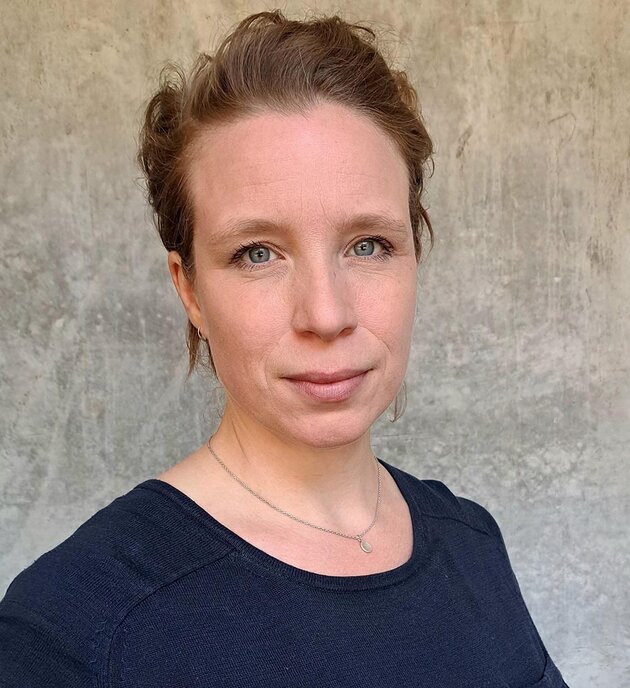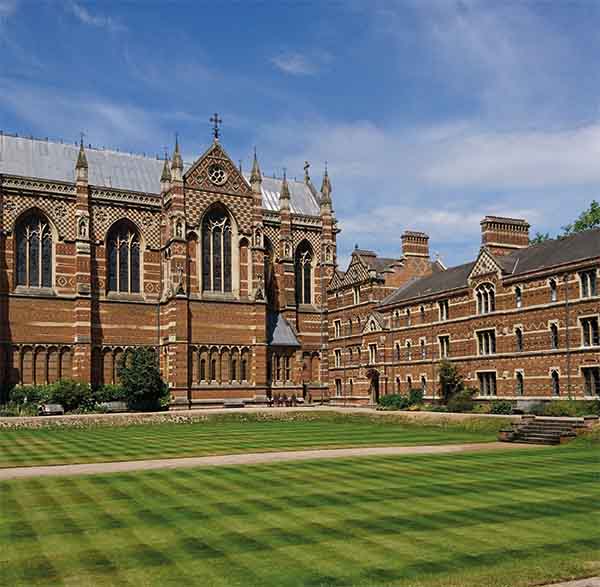Andrea Mervik
Joint Faculties of Humanities and Theology
Andrea's best advice is the following: “Set aside time afterwards to digest what you have learned. Think about how you want to work with the material in practice and how best to share the knowledge with your colleagues”.
Hello Andrea. Would you please introduce yourself and tell us what you work with?
I work as a librarian at the HT Libraries.
A few years ago, you travelled to Oxford on a staff mobility trip. What made you decide to do this?
My colleague, who also works in research support, told me about the summer course in digital humanities, which gave me the opportunity to learn more about many of the issues we work with. Through the course, I also saw the opportunity to meet others with different approaches to these issues, researchers as well as people in support functions like me. The course was called "Digital Humanities at Oxford Summer School 2018".
How long were you away? What did the exchange involve? What did you experience?
I was there for one working week. It was an intensive course with many lectures and workshops. I learnt a lot, a great deal of practical information about several different tools for processing data, but also gained insight into how several different research projects have worked with data management. Like most of the other participants in the course, I stayed at Keble College. It was interesting to have access to one of Oxford's well-known colleges, where so many leaders and renowned researchers have studied. Exploring Oxford is also exciting from a historical perspective, and you sometimes get a sense of déjà vu among the winding cobbled streets and grand buildings, especially the Old Bodleian Library, which is well documented in literature and film.
How was it to meet with other colleagues in Oxford?
I met course participants from many parts of Europe, who shared their experiences and thoughts. This broadened and deepened my understanding of both research and research support activities.
What was most rewarding?
Taking part in an in-depth discussion on what digital humanities can include, both on a theoretical and practical level, through examples from many different types of projects. On several occasions since then, I have also benefited greatly from what I learned about different tools for organising, analysing, cleaning and visualising data.
What was most challenging?
Processing everything I heard to get the most out of the course, both for myself and my colleagues. In practical terms, the heat that summer was also a problem, especially in old buildings with no fan or AC.
Did you have a lot of work to catch up on when you got back home?
My exchange was during the summer, so as far as I remember I did not have much to catch up on. When I returned, my main focus was on collating all I had learned and communicating it to my colleagues.
Would you recommend this to other colleagues?
Absolutely. The course is intensive but offers good opportunities for professional development.
Do you have any tips for other staff who want to travel and job shadow for work?
Set aside time afterwards to digest what you have learned. Think about how you want to work with the material in practice and how best to share the knowledge with your colleagues.




